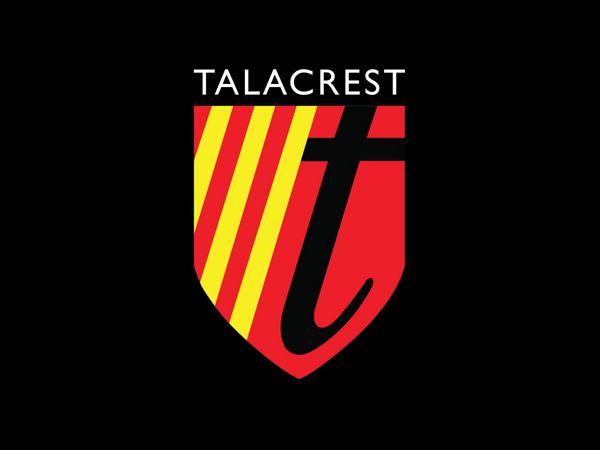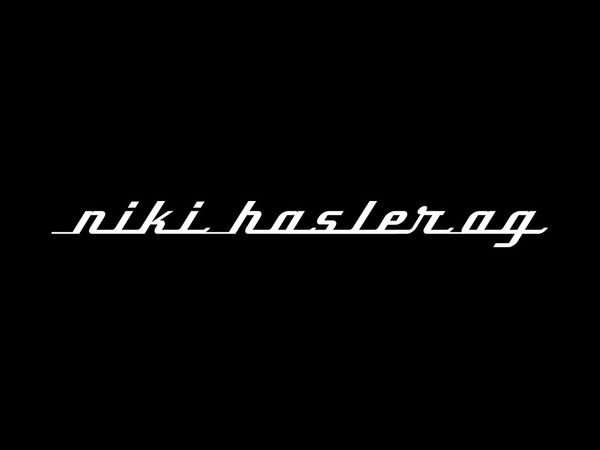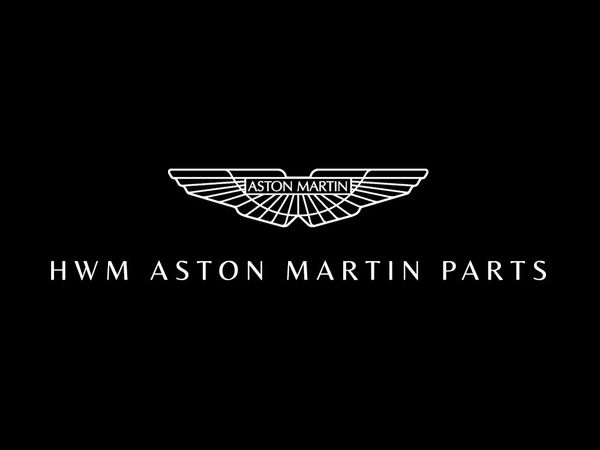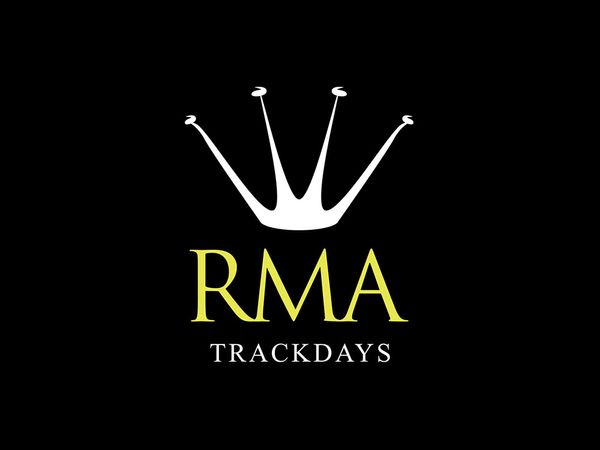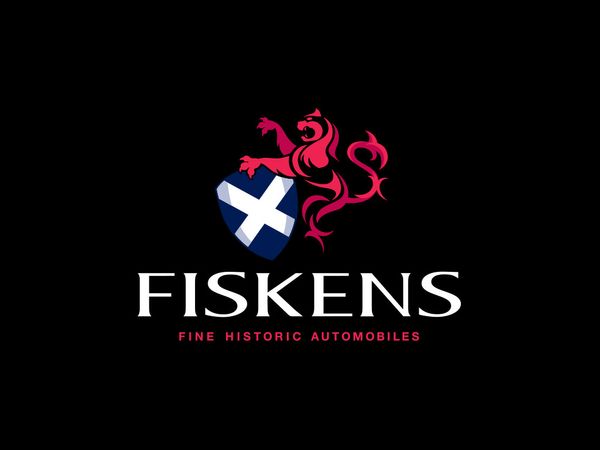1990 Porsche 962C
- Estimate: £800,000 – £1,200,000
- One of Seven Factory-Built 962C Customer Cars and One of Three Sold to Brun Racing
- Benchmark-Quality Survivor with Only Two Period Race Outings
- Retains World-Famous Repsol Racing Livery; Correct 962C Engine
After utterly dominating international sports car and prototype racing throughout the latter 1970s with its Group 5 935 and Group 6 936 competition models, Porsche scored its 3rd Overall Le Mans victory with the 936 in 1981. Since upcoming FIA rule changes for 1982 rendered the 936 obsolete, Porsche engineers set to work designing its Group C successor, the 956, just two weeks after the company’s latest Le Mans triumph. Restricted only by certain key dimensions, cars of the new Group C class would quickly populate a number of important international racing series, including World Sportscar Championship events, the German Interserie, and North American IMSA competition during the 1980s and 1990s. Numerous manufacturers fielded Group C challengers in works and customer variations during this glorious era, with all demonstrating cutting-edge aerodynamics, lightweight materials, and potent powerplants as some of the most technically interesting and spectacular prototype competition cars ever designed and built.
As Porsche’s first all-new racer in over a decade, the twin-turbocharged 956 marked a departure from the 936, itself sharing much with Porsche’s late-1960s prototypes. While just 10 works and 17 customer cars were built, the 956 proved brilliant almost immediately and scored four consecutive Le Mans 24 Hour victories (1983–1986). While virtually unbeatable, the career of the 956 was limited by a wise movement among regulatory bodies mandating that foot-pedal boxes be placed behind the front axles for improved driver safety. Designed with a slightly longer wheelbase and repositioned pedal boxes, plus a built-in steel roll cage, the 956-derived 962 was outwardly similar to the 956 and inspired by Porsche’s desire to compete in high-profile IMSA events in the company’s extremely important North American marketplace. Competing in IMSA GTP, the 962 utilized a completely air-cooled flat-6 engine with a single turbocharger, derived from the 934.
For 1984, the 962’s debut IMSA racing season, five cars were constructed, with Al Holbert and Derek Bell co-driving to four wins. Availability of a larger 3.2-liter engine gave the 962 a virtual stranglehold on the IMSA GTP series, with the cars proving dominant through 1993. Victories were many, including five outright wins in the Daytona 24 Hours. A derivative of the IMSA GTP 962 was the 962C, introduced for the 1985 World Endurance Championship (WEC), using the twin-turbocharged engine specification similar to the 956. The 962C was a ferocious performer that dominated the 1985 WEC series in the hands of Derek Bell, Jacky Ickx, and Hans Stuck; however, despite strong qualifying times at Le Mans, a Joest Racing 956 took the overall win that year. Again for 1986, the 962 ruled, with the WEC renamed the WSPC (World Sports Prototype Championship). At Le Mans, Porsche’s works team entered three cars for 1986 and while two retired, the sole remaining 962C held on for the win. Another win would come in 1987 at Le Mans, just one of over 180 total victories scored by the 962 and 962C from 1984 to 1993. Surprisingly, a few road-going versions of the 962 were built by Koenig, DP Motorsports, and Dauer, with a Dauer-built 962 street car tweaked under Vern Schuppan winning the 1994 24 Hours of Le Mans.
Customer cars were also raced to great success by such top-echelon teams as Joest, Kremer, and Walter Brun’s Repsol Petroleum-sponsored Brun Motorsport team. Active from 1983 through 1992, Brun Motorsport GmbH was a Swiss racing team founded by Walter Brun and exclusively racing Porsches. Among the team’s achievements, Brun Motorsport won the World Sportscar Championship in 1986 using the 962C. As 962 production eventually wound down, Porsche’s 1983 Le Mans-winning driver, Vern Schuppan, persuaded the factory to continue building a run of customer cars based on the 1988 works specification. Seven were built by Porsche, three of them allocated to Brun Motorsport and among the last 962s built by the factory, including 962-163, the example offered here.
Chassis 962-163 contested two races during the 1990 World Sports Prototype Championship, the first being on September 23 at Montreal with Jesus Pareja and Walter Brun co-driving. The next outing for 962-163 was the October 10 race in Mexico, again with Brun and Pareja. The Porsche retired from both races. With Brun becoming involved with F1 during the early 1990s, this car’s front-line career may have been over, but it would go on to remain essentially as last raced, making it an exceptional, benchmark-quality survivor, retaining original 962 bodywork, Repsol sponsor graphics, and unmistakable racing livery. Prior to its acquisition by the consignor, 962-163 was part of the renowned Group C collection of Henry Pearman. Importantly, it even retains a correct twin-turbocharged 962C engine from the pool of racing engines built and supplied by Porsche for the model. A virtual time warp from one of the most thrilling eras in all of modern motor sports, this Porsche 962 offers many possibilities for the new owner, quite possibly the opportunity to participate in historic Group C events.




